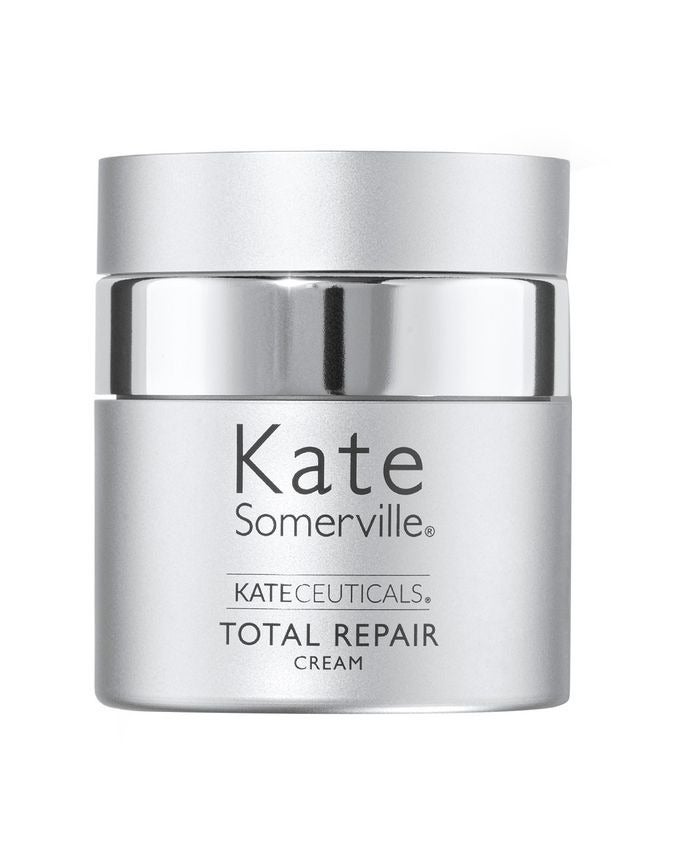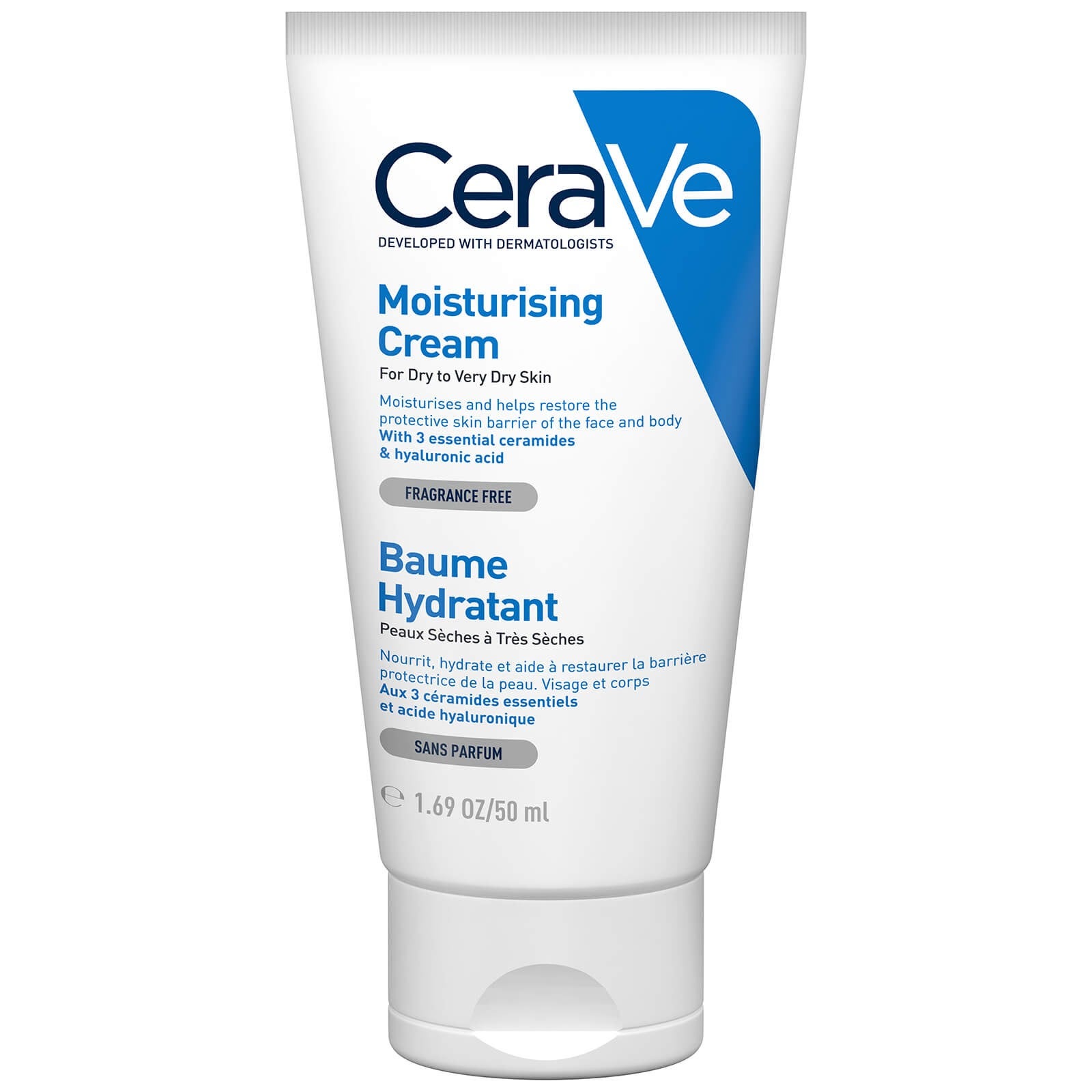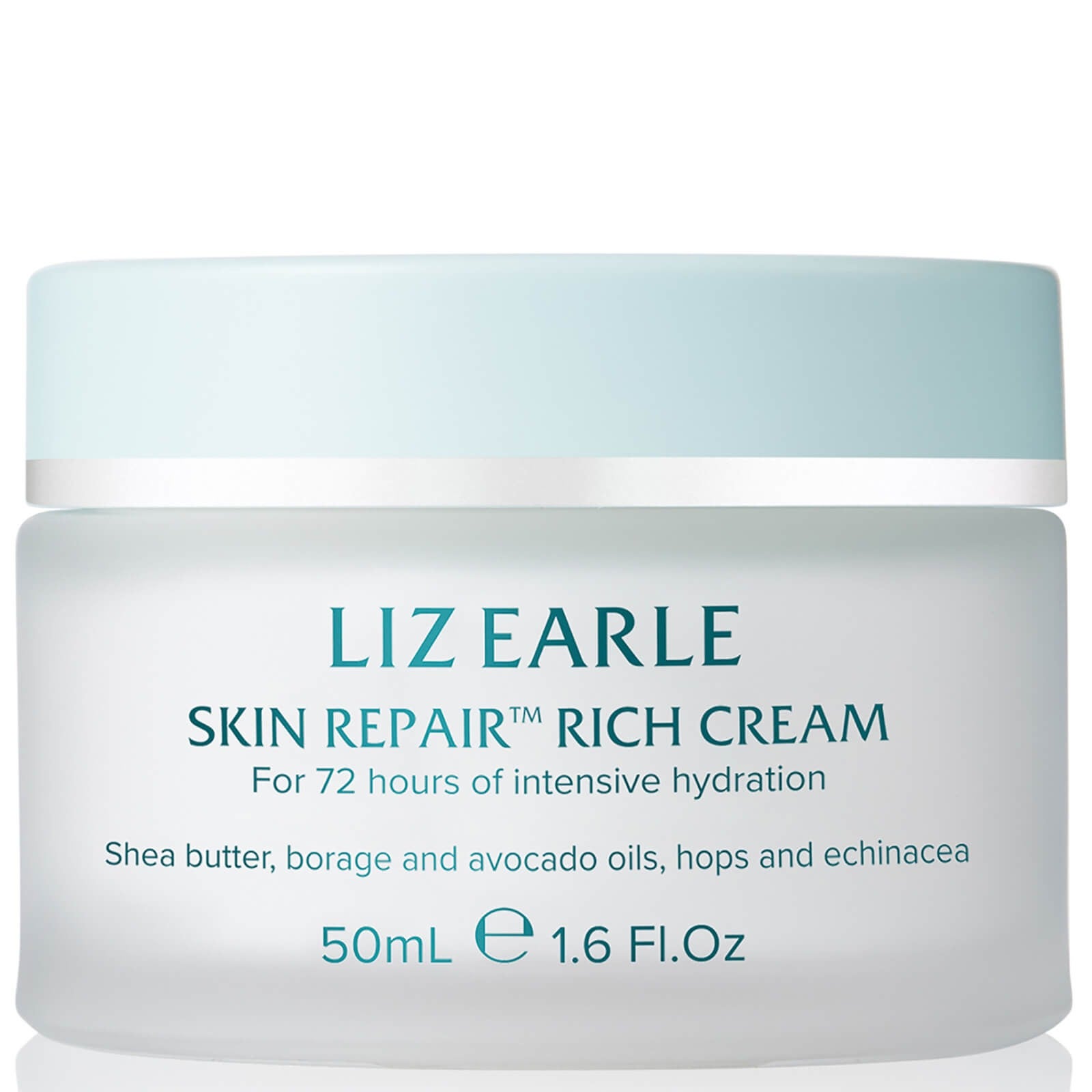Dear Daniela,
What is the 'skin barrier' and how do you take care of it? I keep hearing dermatologists and skin experts saying that overusing acids or overwashing your face can 'damage' the skin barrier, or that some ingredients can 'repair' the skin barrier. But what is it, and is this true? Essentially, how do you keep your skin and skin barrier happy?
Denisha, 28
'Repair' is to beauty as 'nourish' is to food. Evocative, suggestive and promising restorative qualities, 'repair' is one of those words I see bandied about in skincare. Of course, it has no standardised or official meaning. Just like 'nourish' (what is a 'nourish bowl'? Surely all food is nourishing?), it offers the perfect antidote to our busy, stressful lives. It neatly caters to our feelings of exhaustion, overwork and overexposure. But like you say, is it really representative of how our skin works?
AdvertisementADVERTISEMENT
What is the skin barrier and how do you take care of it?
The skin barrier is a topic that’s shot up in popularity over the last 18 months or so, in tandem with conversations about 'repair' and on the heels of the general skincare boom. "Your skin serves a biological function," says dermatologist Dr Zena Willsmore. "It’s there to prevent water loss and to stop harmful things getting in but it’s not just like a piece of clingfilm. It’s quite sophisticated and it’s tougher than you think." Dr Willsmore continues: "When you get in the bath, you don’t just suddenly drown, because your skin provides a mechanical barrier. Your skin also has antioxidant properties and fights infections."
The top layer of skin is called the epidermis, which Dr Willsmore likens to a wall of skin cells. Underneath that, there's your dermis, which is a gel-like barrier. "That's where you've got the scaffolding of the skin, which is your collagen fibres," says Dr Willsmore. "The main skin barrier is your epidermis but, actually, a lot of the skin barrier function comes from the very top layer of the epidermis which is known as your stratum corneum. This stops water getting out and things getting in."
How can you tell if you've damaged your skin barrier?
More of us are using many types of skincare products, more expensive ones and more layers of them than ever before, especially peels, facial toners and face masks. Take glycolic acid peels, for instance. They will almost certainly make the skin brighter but can also make it sore, dry and irritated, with greater sensitivity, and can potentially damage the skin's barrier. Most dermatologists and skin experts I’ve spoken to in the last year have cautioned that many young people are doing far too much to their skin. So do we need to go on a skincare fast?
AdvertisementADVERTISEMENT
According to Dr Willsmore, it is very possible to disrupt your skin barrier and the most common way that this happens is as you identified: through overuse of strong ingredients like exfoliating acids and retinoids or by washing the skin harshly multiple times a day. An unhappy, compromised skin barrier is one that’s sore, flaky and dry, with visible redness if you have fair skin. "People end up using a vitamin C, a vitamin A, an azelaic acid and a glycolic acid all in the same sitting and then before you know it, you’ve got very sore skin indeed," says Dr Willsmore. "If you take off too many cells, if you dehydrate the skin and if you disrupt the skin's pH, all of these things disrupt its normal function and disrupt the normal invisible shedding of dead skin that we all do every day," explained Dr Willsmore.
Given our collective obsession with radiance (an obsession I am absolutely not immune to), it’s very easy to double or even triple up on exfoliants without realising. We want to glow, and skincare brands are more than happy to give that to us. Acids then find their way into everything from cleansers to serums and toners. This is even truer for those with oily skin as products designed for this skin type are much more likely to contain exfoliants. But this isn’t to say that all skincare is bad or too aggressive or even that acids are bad – it’s all about moderation.
Given our collective obsession with radiance (an obsession I am absolutely not immune to), it’s very easy to double or even triple up on exfoliants without realising. We want to glow, and skincare brands are more than happy to give that to us. Acids then find their way into everything from cleansers to serums and toners. This is even truer for those with oily skin as products designed for this skin type are much more likely to contain exfoliants. But this isn’t to say that all skincare is bad or too aggressive or even that acids are bad – it’s all about moderation.
AdvertisementADVERTISEMENT
The good news? Your skin is really, really good at healing itself. "Your skin cells replenish themselves every month or so," confirms Dr Willsmore. Think about what happens when you get a cut or a small burn – it heals! This is no different from any other healing job your skin has to do.
What is skincare fasting and does it work?
"So-called skincare fasts aren’t really necessary," adds Dr Willsmore. "If you’ve been using too many active ingredients and made your skin sore, you should stop using them and reintroduce them much more gradually. But I would still encourage you to use a good moisturiser with something like glycerin to help rehydrate and soothe the skin. Also, continue to wear SPF to protect your skin." Experts also recommend creams which include ceramides (fats naturally present in the skin) to repair the skin barrier and keep it intact.
I get that the idea that skincare hurting your skin is cool and countercultural, and perhaps a popular marketing message for beauty brands looking to disrupt. But for what it’s worth, the facialists, dermatologists and skin doctors I interact with have some of the most simple skincare routines you could imagine. I’m no doctor but I only use about six things max, including SPF. Just take it easy, alright?
Daniela
Got a question for our resident beauty columnist Daniela Morosini? No problem, qualm or dilemma is too big, small or niche. Email deardaniela@vice.com, including your name and age for a chance to have your question answered. All letters to 'Dear Daniela' become the property of Refinery29 and will be edited for length, clarity, and grammatical correctness.
AdvertisementADVERTISEMENT









